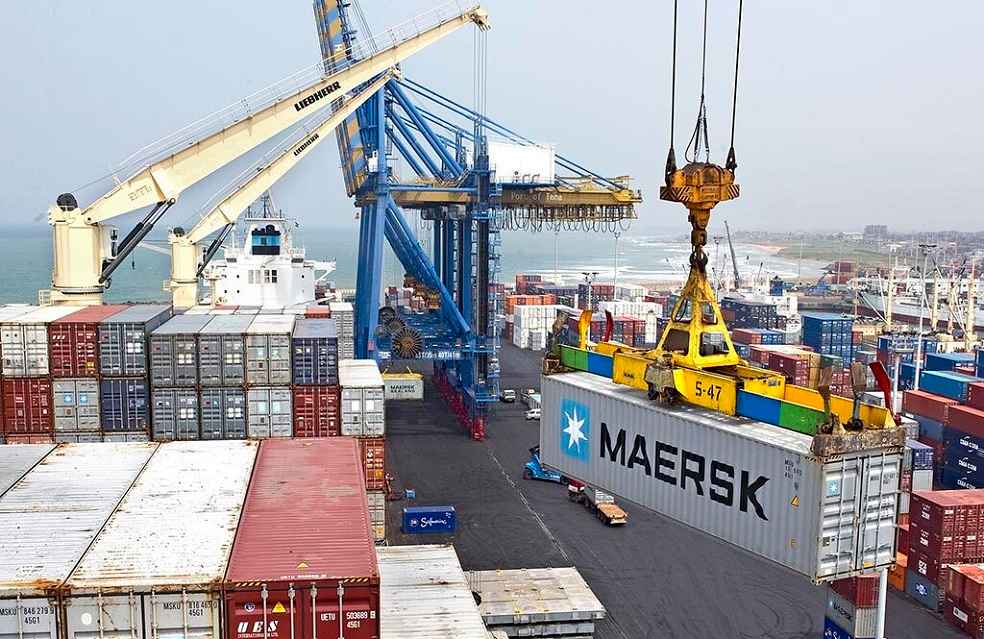The Fast-Moving Consumer Goods (FMCG) industry is expected to face significant challenges in 2023 due to rising inflation, recession, sustainability initiatives, and global supply chain volatility. However, FMCG companies that are willing to adapt and innovate can find opportunities amidst these challenges. Maersk’s experts have identified five key trends that will shape the FMCG industry in 2023.
The first trend is that there will be fewer Stock Keeping Units (SKUs) as consumers adjust their buying habits due to reduced spending power. FMCG companies need to be smarter in how they prepare and adapt to these changes in buying behavior, making their supply chains flexible enough to adjust in real time to capture changes in demand. This means that FMCG companies must have better visibility of their supply chains, which requires them to integrate their supply chains and coordinate strategic decisions across the supply chain.

The second trend is that there will be more nearshoring and rightshoring to improve sustainability and avoid disruption while reducing emissions. The most successful FMCG companies will strike a balance between strategy and tactics, costs and efficiencies, to ensure continuity of supply. This means that FMCG companies must consider how they can optimize their supply chains by making the most efficient use of resources and reducing waste.
The third trend is that the demand for a holistic, connected analysis of supply chain activities will increase. FMCG companies need to focus on the flow of goods rather than inventory, and digitalization will be crucial in enabling end-to-end visibility to identify problems and maintain the flow of goods through the supply chain. This means that FMCG companies must embrace digital technologies and platforms that enable them to analyze and optimize their supply chains in real-time.
The fourth trend is that the war for talent will heat up as labor shortages leave gaps to be filled. FMCG companies need to target the employee experience by focusing on diversity, equity, and inclusion initiatives, or creating better terms and conditions for truckers waiting at ports to attract more talent. Automation and robotics can also be applied to lighten the load on already stretched workforces. This means that FMCG companies must invest in their workforce to ensure they have the skills and knowledge required to succeed in the industry.

Finally, more FMCG companies will develop an end-to-end sustainability focus. By partnering with suppliers, customers, peers, government, and the industry at large, FMCG companies can give themselves a better chance of creating the change that’s required, at the pace that’s required, delivering mutually beneficial outcomes for all actors in the supply chain. This means that FMCG companies must take a collaborative approach to sustainability, working with all stakeholders to achieve shared goals.
In conclusion, FMCG companies are advised to unify and integrate their supply chains, giving them the visibility to see the chain as a whole and make coordinated strategic decisions. Collaboration across the supply chain will be crucial for FMCG companies and stakeholders to overcome adversity, build resilience, and emerge from 2023 stronger. To succeed in the FMCG industry in 2023, companies must be agile, innovative, and committed to sustainability.
DON’T MISS IT: THE EVOLUTION & HISTORY OF SHARE TRADING



